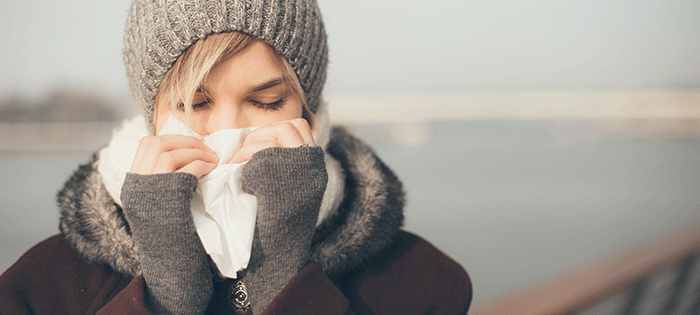Ask the doc: What can students do to stay healthy while under stress?
—Jamie K.*, Ashford University (online)
(*Name changed)
I spent a winter break working at Okemo Mountain as a lift operator. I was staying on a hill across the valley from the mountain and had a steep downhill drive to get to work. One morning after a fresh snowfall, I lost traction and slid into a ditch. After a kind man used his truck to pull my car back out to the road, I asked him: “What’s the best way to slow down my car in such a situation?” His answer? “Don’t drive so fast.” The moral of the story is that safe driving and good health are about preparation and prevention. Think about staying healthy during the semester and, chances are, you’ll succeed. Wait until it’s too late and…it will be too late.
No secrets here: Get enough sleep, be regularly physically active, eat well, wash your hands, limit your saliva sharing, get a flu shot, and avoid overindulging in intoxicants and smoke.
Sleep
There’s compelling evidence that people who don’t get enough sleep are about 30 percent more likely to catch a cold than those who do. Sleep eight-plus hours a night, ideally going to sleep and waking up at about the same time most nights. I’m a firm believer, and the evidence supports me, that it’s better to get a full night’s sleep even if you haven’t finished your work. Go to bed, get a good night’s sleep, and find time the next day to get caught up. Cut back on whatever you’re doing instead of studying, and get your work wrapped up by an hour or so before a reasonable bedtime. Sleep helps you concentrate better and learn more efficiently. More attention to sleep means less time needed to accomplish the same amount of studying, reading, writing, etc.
Physical activity
Like sleep, regular physical activity has a positive effect on your mood. It can serve as a mental break from other pursuits and lead to more efficient study time.
Maintain a healthy diet
Eat some fresh fruits and vegetables. If you have the facilities, why not prepare a nice meal for you and a friend?
Wash your hands
You’d be amazed at the benefits of adding a little soap and water to your hands before touching your nose or face and before eating. This can prevent many illnesses. Also remember to dry your hands thoroughly.
Limit saliva sharing
Most illnesses are spread from person to person, especially common ones like colds, flu, and mono. Sharing things like food and drinks is nice. Try to do it in a way that limits the number of people that have contact with your food before you eat it.
Get a flu shot
Nothing to explain. Get a flu shot. You heard it here first. Actually, you probably didn’t. I sure hope not, at least.
Avoid overindulgence
I’m not trying to take all the fun out of your life. I’m just saying that when you overindulge, your decision making will be negatively affected. Your devotion to care and caution may slip a bit—or a lot.
Bonus piece of unsolicited advice, yours absolutely free!
Allow me to introduce you to the idea of productive procrastination: If you’re not going to work, spend the time doing something positive, like cleaning up your living space, working out, preparing a good-quality meal, or knitting toques for seafarers. You’ll feel better about the time away from the books and your quality of life will be improved.
Sometimes your luck is bad. Despite all your efforts to prevent illness, you might still get sick when the demands on you are high. It’s not the end of the world. If the stress is academic, get in touch with your instructors and dean ASAP. It’s not the first time this has happened. You can work it out.




